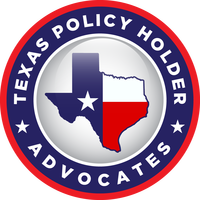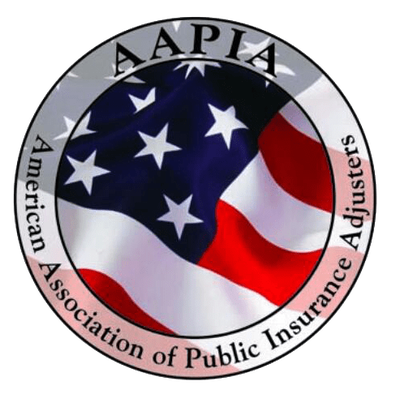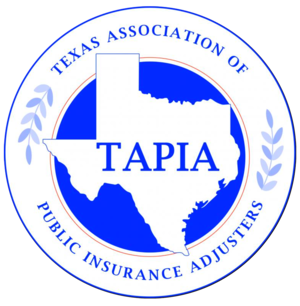In the complex world of insurance claims, public adjusters play an essential role in helping policyholders receive fair compensation for their losses. These professionals serve as advocates for individuals and businesses, negotiating with insurance companies on their behalf.
However, for a fair and transparent process, specific laws and regulations govern public adjusters’ actions. In this guide, we’ll explore everything you need to know about public adjuster laws and why they matter.
Licensing Requirements
One of the primary aspects of regulation in the public adjusting industry revolves around licensing. Public adjusters must adhere to strict licensing requirements imposed by state authorities.
These requirements often involve background checks, educational qualifications, and the successful completion of licensing exams. Before engaging the services of a public adjuster, it’s essential to verify their credentials and learn that they are licensed in your state.
Fee Regulations
Laws regarding fee structures for public adjusters vary from state to state. Many jurisdictions impose a cap on the percentage of the final settlement that a public adjuster can charge as a fee.
This is designed to prevent exorbitant fees that could potentially exploit policyholders during their vulnerable moments. As a consumer, understanding the fee regulations in your state will help you make informed decisions when hiring a public adjuster.
Prohibited Practices

To maintain ethical standards and protect consumers, there are strict rules governing the conduct of public adjusters.
Practices such as misrepresentation, false advertising, and coercion are strictly prohibited. Public adjusters must operate with transparency and integrity, providing accurate information to policyholders without engaging in deceptive practices.
Conflict of Interest
To avoid conflicts of interest, some states have specific regulations regarding the relationships between public adjusters and contractors or service providers.
Public adjusters should not have a financial interest in the outcome of the claim beyond their agreed-upon fee. Understanding and abiding by these regulations is crucial to maintaining the trust and credibility of the public adjusting profession.
Why It Matters
Adherence to these laws is not only essential for the integrity of the public adjusting industry but also for the protection of consumers. By understanding the legal framework surrounding public adjusters, policyholders can make informed choices and navigate the often-complicated process of insurance claims with confidence.
Laws regarding public adjusters are in place to protect consumers and maintain the ethical standards of the industry. By being aware of these regulations and choosing a licensed professional, policyholders can navigate the claims process more confidently, and secure that they have a knowledgeable advocate on their side.
Comprehensive Public Adjusting Services in Texas
Searching for licensed and experienced public adjusting professionals who are well-versed in Texas laws? Our team at Morgan Elite Specialist Services LLC can help. We are the top choice for public adjusters in Texas because of our dependable and professional insurance claim adjustment and appraisal services.
Partner with us today for more details.









